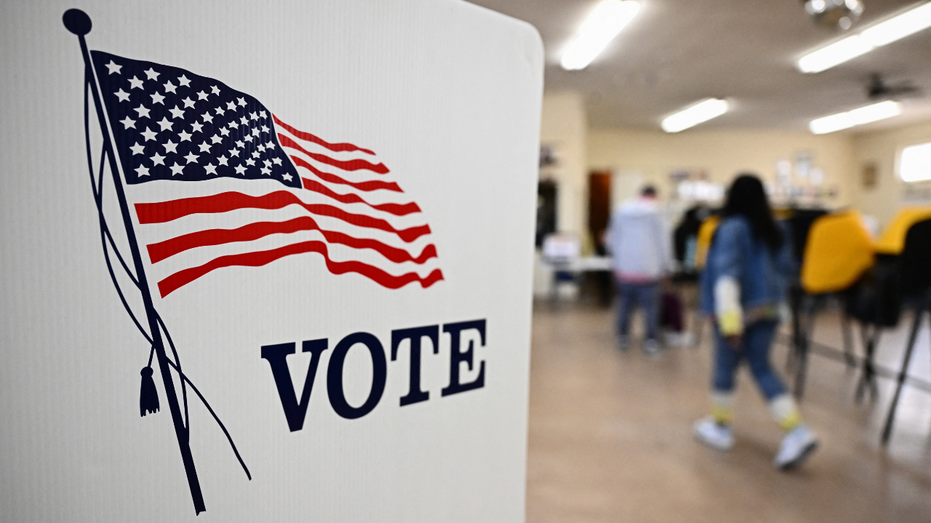
California voters narrowly rejected a minimum wage hike to $18, by a reported margin of 51-49, marking the first such failure of that type of ballot initiative since 1996.
California voters rejected a ballot measure that would have raised the state’s minimum wage to $18 per hour; the first failure of such an initiative nationwide in almost 30 years.
The tabulation came two weeks after Election Day due to the narrowing margin, as 49.2% of Californians ultimately supported the wage hike, falling just short.
The vote was geographically disparate, with every Bay Area and coastal county except San Luis Obispo, Orange, Ventura and Del Norte supporting the measure – and every inland county except Alpine and Imperial opposing it.
The current minimum wage in California is $16 per hour, but it includes a $20 per hour exclusion for fast-food restaurants with 60 or more locations. The latter was instituted in 2023 with the approval of Democratic Gov. Gavin Newsom.
NEWSOM: CRITICS SAID CA WAGE INCREASE WOULD BE A JOB-KILLER; THE OPPOSITE HAPPENED
“Californians are sending Gavin Newsom and the SEIU a clear message: They’re sick of being lab rats for their pet projects,” Rebekah Paxton, research director for the Employment Policies Institute said in a statement.
“Voters saw the devastating economic fallout of the $20 fast food minimum wage law, and for the first time in state history, voted against a statewide minimum wage hike.”
Newsom, however, previously defended his support for wage hikes, saying the fast-food pay increase gave workers a “greater voice in workplace standards.”
TOP REPUBLICANS WARN NEWSOM HIS OIL REFINING PHASE-OUT ENDANGERS MILITARY READINESS
“Predictably, this modest law prompted fainting spells from conservatives and their enablers in the media,” he wrote in a Fox News Opinion column earlier this fall.
“Even before I signed the bill, they quickly said it would lead to devastating job cuts and cause scores of businesses to close.”
“We believe in fairness, equity and the idea that everyone deserves a chance to succeed. And these results dispel the cynics who say we must choose between protecting workers and growing the economy.”
California Chamber of Commerce CEO Jennifer Barrera appeared to disagree, telling The Associated Press after the outlet called the tally for Proposition 32 that the economy and personal costs were top of mind in the election, and that that message resonated with the voters.
CLICK HERE TO GET THE FOX NEWS APP
State Senate Minority Leader Brian Jones, R-San Diego, told Fox News Digital that basic economics proves raising the minimum wage exacerbates inflation and unemployment.
“[That] predictably hurt[s] workers and families. More inflation and higher costs are the last things we need right now. Californians made the right call to reject Prop 32 and protect financial stability,” Jones said.
Millions of dollars were poured into support for the effort, according to CalMatters, which reported startup entrepreneur Joe Sanberg earmarked $10 million while spearheading the Proposition 32 effort. The outlet reported Democratic Los Angeles City Councilman and former state Senate President Kevin de Leon was a second prominent backer.
There have been about two dozen minimum-wage-hike ballot initiatives since 1996; the last time one failed.
In that election, Missourians declined to approve a hike to $6.75 and Montana decided against moving its minimum wage up to $6.25 per hour.
The Associated Press contributed to this report.